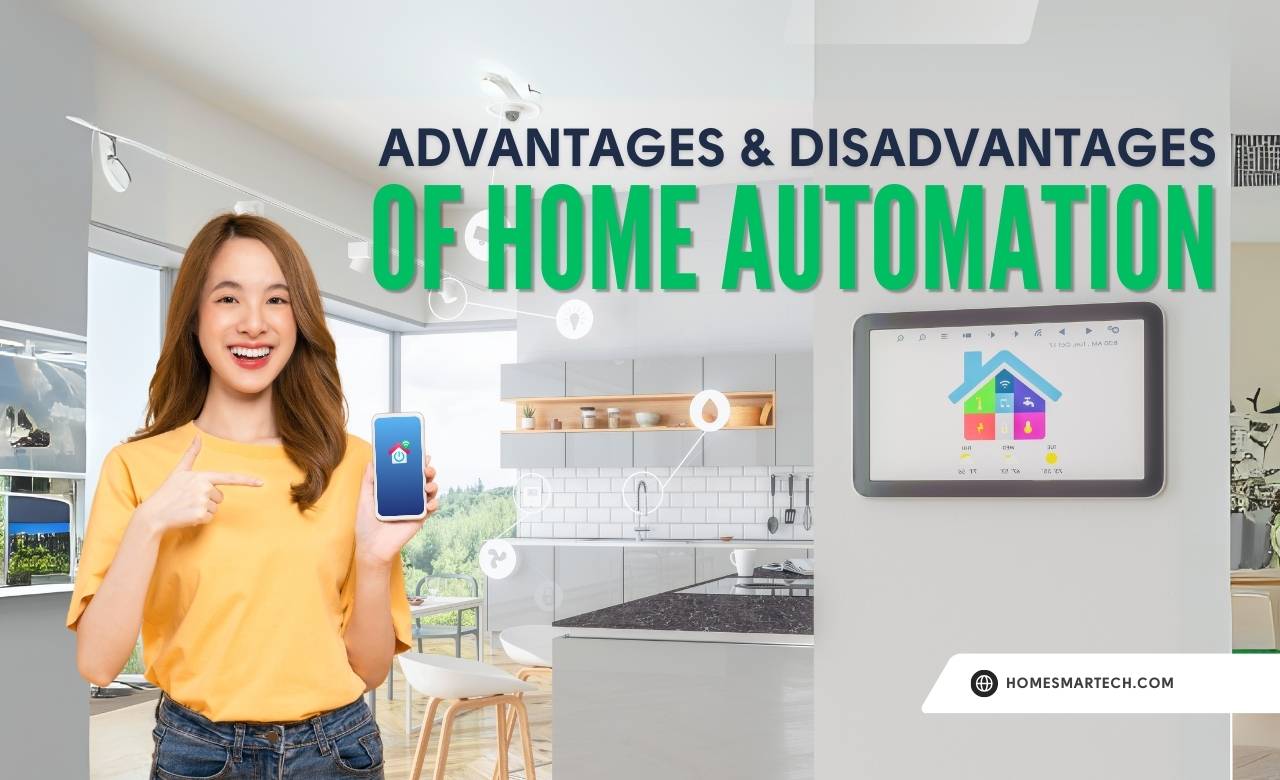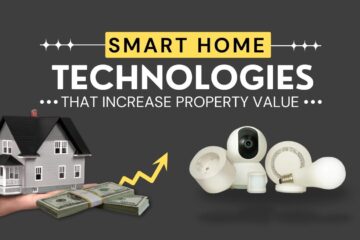Home automation has become a popular way to make life more convenient and efficient. It allows homeowners to control everything from lighting to security systems with ease.
While the pros include added comfort, energy savings, and convenience, the cons, such as setup costs and potential technical issues, should also be considered. Exploring both sides can help you decide if home automation fits your lifestyle.
9 Key Benefits of Automated Homes
Home automation is like a new trend for houses to be smart and efficient. It makes managing everyday tasks easier, saves energy, and offers better control over household systems, improving overall convenience.
Here are some benefits that show why you should consider converting your house into a smart home:
1. Convenience at Your Fingertips

One of the biggest benefits of a smart home is its convenience. You can control lights, appliances, thermostats, and even door locks with a simple tap on your smartphone or a voice command. This makes it easier to manage household tasks from anywhere, saving you time and effort.
2. Energy Efficiency and Savings
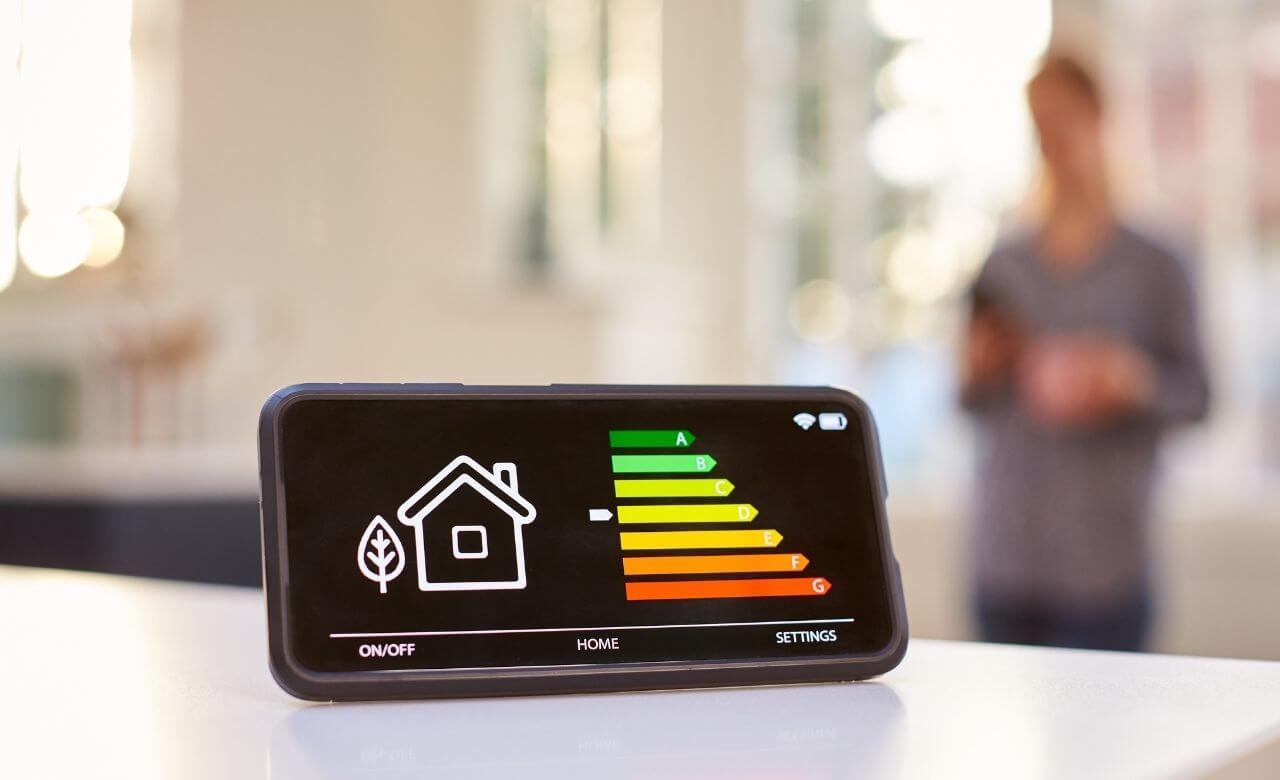
One of the key benefits of a smart home is its ability to save energy and reduce monthly bills. Using advanced technology, smart homes allow you to monitor and control energy usage more effectively, ensuring that resources are not wasted.
Here are some ways they help save energy and costs:
- Smart thermostats optimize heating and cooling by adjusting to your daily schedule.
- Energy-efficient lighting systems automatically turn off when not in use.
- Automated appliances run during off-peak hours to save electricity.
- Real-time energy monitoring helps you identify and reduce unnecessary power usage.
3. Improved Home Safety

Smart homes offer better safety by integrating advanced tools like smart locks, video doorbells, and motion sensors. These systems allow you to monitor and control your home in real time, helping you feel secure in case you are inside the house or away.
With mobile apps connected to these systems, you can lock doors, check camera feeds, or receive alerts about any unusual activity. This means you can respond quickly to potential concerns, verifying your home stays protected at all times.
4. Better Control Over Household Devices
It allows you to manage and control multiple devices with ease. From adjusting the thermostat to turning off the lights or operating appliances, automation makes daily tasks simpler and more efficient.
Here are some key advantages of controlling devices in a smart home:
- Manage multiple devices using a single app or voice assistant
- Set schedules for appliances and lights to align with your routine
- Monitor devices remotely and make adjustments as needed
- Get alerts for devices left running to save energy and reduce costs
- Create personalized settings for different rooms or family members
- Integrate devices for smoother operation, such as linking lights with motion sensors
5. Increased Comfort and Customization
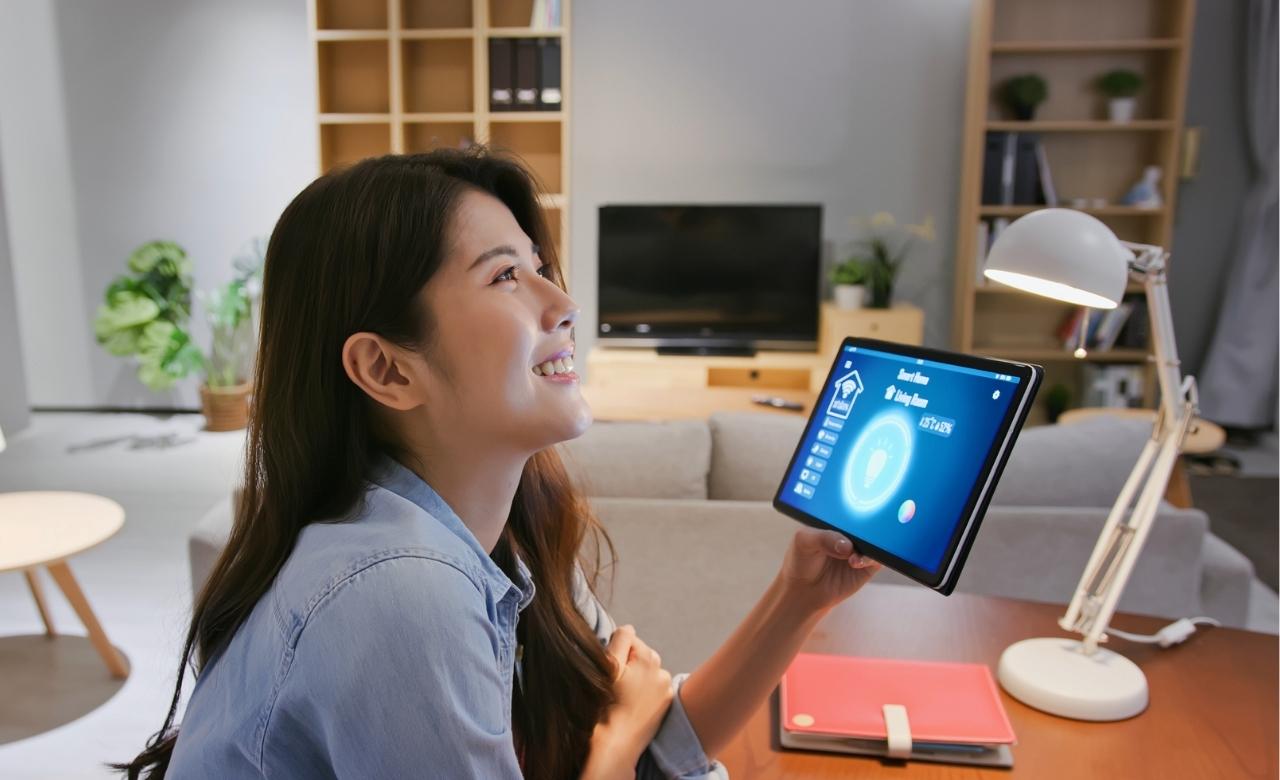
Smart homes provide a personalized living experience by allowing you to tailor settings to your preferences. You can adjust lighting, temperature, and entertainment systems to create the perfect atmosphere for any moment. With features that adapt to your daily routine, smart homes confirm a more comfortable and convenient lifestyle.
6. Time-Saving Features
Automated homes help save valuable time by handling routine tasks for you. From scheduling appliances to operate at specific times to managing household systems remotely, these features reduce the effort required for daily chores, giving you more time to focus on other important activities.
7. Accessibility for All

Automated living spaces are especially beneficial for individuals with mobility challenges, disabilities, or elderly family members.
Features like these are mentioned below:
- Voice-activated controls
- Motion-sensing lights
- Easy-to-use mobile apps
- Smart thermostats for effortless climate control
Help simplify household tasks and make homes more accessible for everyone. Tasks that once required physical effort, such as adjusting curtains or turning on lights, can now be done effortlessly.
This creates a more inclusive environment where all family members can enjoy comfort and independence.
8. Future-Proofing Your Home
Converting to an automated living space prepares your home for future advancements in technology. As new devices and systems emerge, a smart setup can easily adapt and integrate with the latest innovations. This not only keeps your home up to date but also increases its value, making it a wise investment for years to come.
Having a connected home guarantees you stay ahead in terms of convenience and functionality with smart systems becoming more common. It also makes your property more appealing to potential buyers, should you decide to sell in the future.
9. Environmental Benefits
Smart homes contribute to a greener planet by promoting sustainable living. With features like energy-efficient appliances, smart lighting, and water-saving devices, these systems help reduce waste and conserve resources. This not only lowers your carbon footprint but also encourages eco-friendly practices within your household.
5 Drawbacks of Smart Home Technology
As home automation comes with many advantages to adopting smart home technology, it is not without its challenges. Along with the comfort and efficiency it provides, some hurdles come with making a house smart.
Carefully considering the factors below can help you make a more informed decision:
1. High Initial Costs
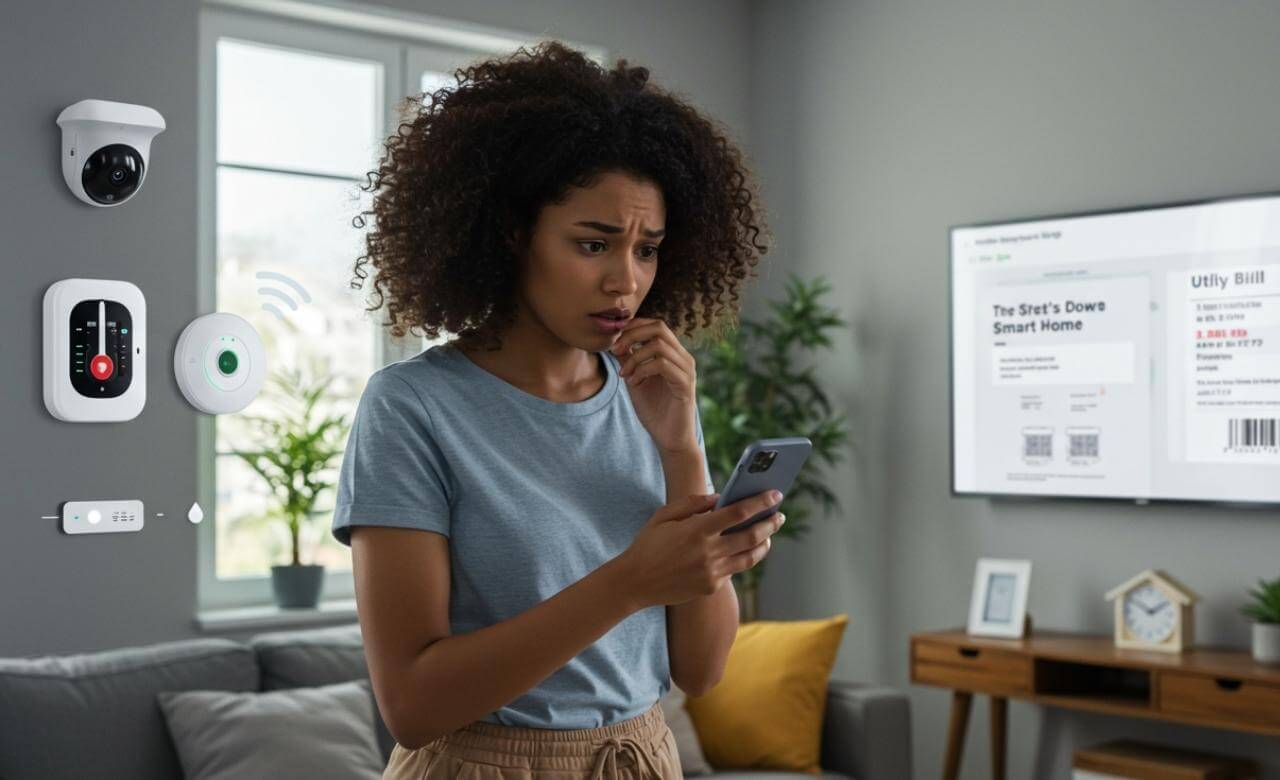
A major downside of smart home technology is its expensive initial cost. Installing smart devices, setting up automation systems, and ensuring proper connectivity can require a significant investment. The expense of converting a traditional home into a smart one may not be immediately affordable, making it a challenge to adopt this technology fully for many households.
2. Dependency on Internet Connectivity
Smart homes rely heavily on a stable internet connection to function smoothly. Any disruptions in connectivity can lead to systems malfunctioning or becoming inaccessible. This dependency can create frustration and limit the effectiveness of the smart home features for houses in areas with unreliable internet service.
3. Privacy and Security Concerns

Smart home systems collect and store large amounts of personal data, including usage patterns and device interactions. This raises concerns about data security and the risk of unauthorized access. Hacking is another major issue, as poorly secured devices can be vulnerable to cyberattacks.
To reduce these risks, homeowners should implement strong security measures, such as:
- Regularly updating software
- Using secure, unique passwords
- Enabling two-factor authentication
- Securing Wi-Fi networks
While these steps increase protection, they also add an extra layer of responsibility for homeowners.
4. Technical Issues and Maintenance

Smart home systems are not immune to technical glitches, which can disrupt their functionality. From devices failing to respond to compatibility issues between brands, these problems can lead to frustration for users. Regular maintenance is often required to ensure all systems work efficiently.
5. Learning Curve for Users
Adopting smart home technology can be overwhelming for those unfamiliar with advanced systems. Setting up devices, navigating apps, and understanding how different systems interact can take time and effort, especially for individuals who are not tech-savvy.
For some, this learning curve might discourage the full use of smart features, limiting the benefits these systems can offer. While manufacturers aim to simplify interfaces, it still requires patience and practice to get the most out of a smart home.
Make Your Home Smarter with Expert Guidance
Converting your house into a smart home can bring numerous benefits, but it’s important to understand the challenges wisely. You can confirm a smooth transition to modern, automated living without the hassle of dealing with technical issues on your own with the right approach and expert support.
If you are planning to upgrade your current home or build a new one and want it to be a smart home, Home Smartech is here to help. From selecting the best devices to smooth installation and setup, we provide end-to-end solutions to make your home smarter, more efficient and fitted to your needs. Let us turn your vision of a smart home into reality.

